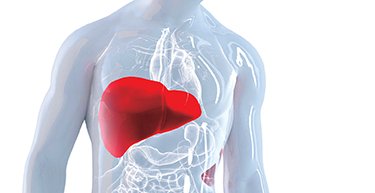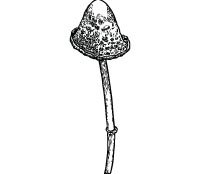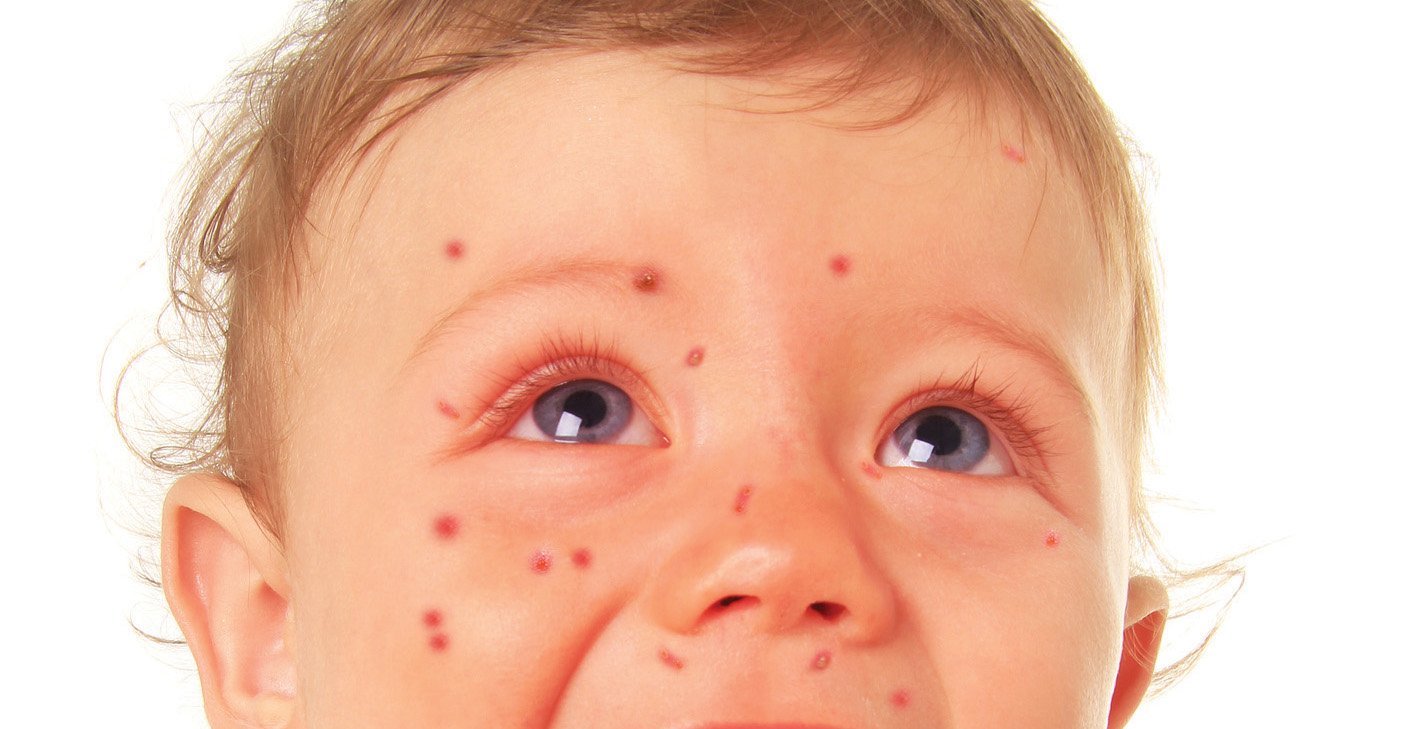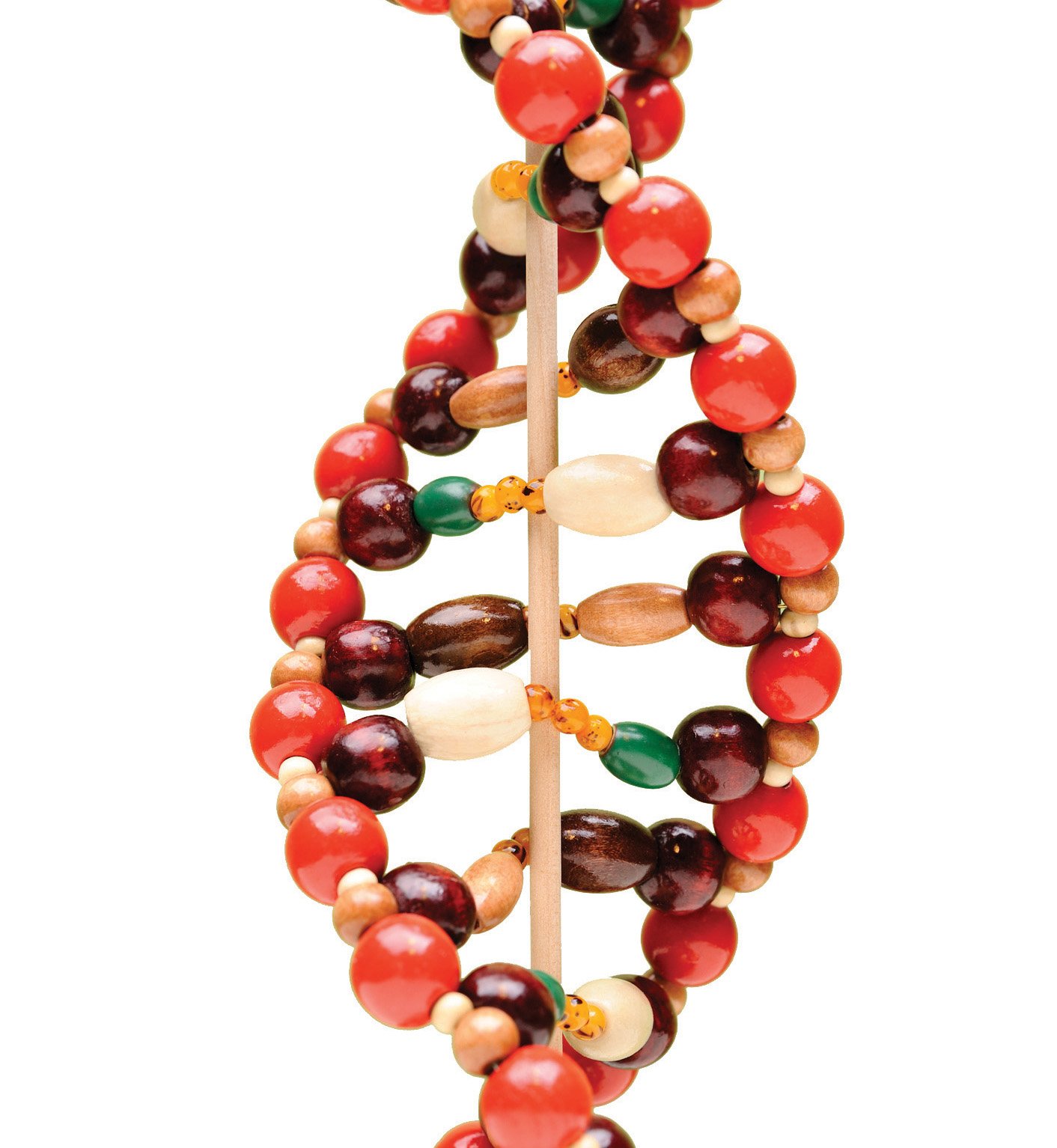The Medical Independent blog takes a look at the more unconventional niches in science and research
Machine learning
An artificial intelligence program has been shown to exhibit a high degree of accuracy in detecting patients who will develop lung cancer.
The initiative was a collaboration between clinical researchers and software engineers and was proven to detect these patients with 94 per cent accuracy. Using computed tomography (CT) scans, the program was found to be equally accurate to radiologists in lung cancer screening based on a number of CT scans for a single patient.
However, when radiologists and the program were given a single scan for a patient, the program actually outperformed the radiologists.
The researchers utilised thousands of scans obtained in a study by the US National Institutes of Health and compared them with subsequent diagnoses.
They then tested the program against six radiologists and discovered that it resulted in 5 per cent fewer false-negatives and 11 per cent fewer false-positives than the radiologists.
The findings were published recently in Nature Medicine.
Twist in the tail
A study using data from 35,035 sets of twins has suggested that genetic make-up accounts for a significant proportion of dog ownership.
The researchers used the Swedish Twin Registry, which is the largest of its kind in the world, and showed that genetic variation explains more than half the instances of dog ownership among the general public.
Prof Tove Fall, lead author and Professor of Molecular Epidemiology at Uppsala University, Sweden, commented: “… these findings have major implications in several different fields related to understanding dog-human interaction throughout history and in modern times. Although dogs and other pets are common household members across the globe, little is known how they impact our daily life and health. Perhaps some people have a higher innate propensity to care for a pet than others.”
The research was published recently in the journal Scientific Reports.













Leave a Reply
You must be logged in to post a comment.